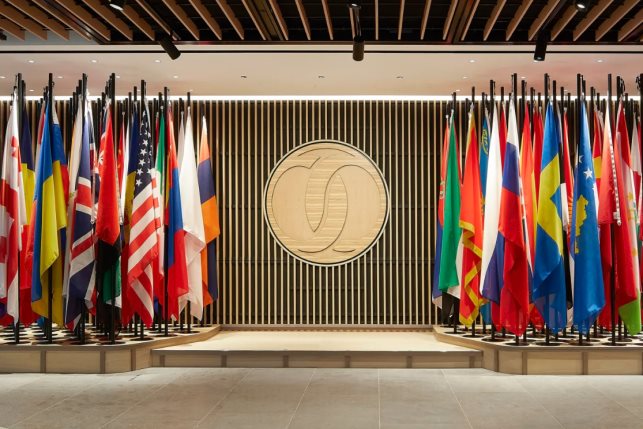Cabinet approves 3rd Samurai bond issuance
The cabinet also ratified the procedures for the issuance of sovereign and sustainable Panda bonds in the Chinese market
 Archived Press Photo
Archived Press Photo
The Egyptian Cabinet has issued their approval for the issuance of the latest round of Samurai bonds (Japanese Yen-denominated) worth $500 million with a 5-year tenor, according to a statement released on Tuesday.
This is not the first time Egypt has issued Samurai bonds, with its initial issuance back in March 2022 and a recent August 2023 batch. Both were issued with a converted value of $500 million.
The Samurai bonds issuance is part of the government’s strategy to diversify funding inflows to support its budget deficit and bolster its foreign reserves.
The cabinet also ratified the procedures for the issuance of sovereign and sustainable Panda bonds in the Chinese market.
Egypt recently issued its inaugural sustainable Panda bonds (Chinese Yuan-denominated), the first to be issued in the Middle East and North Africa, worth ¥3.5 billion ($500 million) with a yield of 3.5% over 3 years.
Minister of Finance Mohamed Maait revealed earlier this week that Samurai and Panda bonds will aid the government in narrowing its financial gap. The FinMin estimated that this is between $6-8 billion for the present fiscal year (FY2023/2024). Egypt’s current total external debt is reported at $165.3 billion.
The cabinet also approved the presidential resolution for a grant agreement signed with the French Development Agency (AFD), worth €56.7 million, aimed at increasing Egypt’s wheat silos storage capacity through building additional silos and improving the efficiency and quality of wheat import chains.
A memorandum of understanding (MoU) between the Egyptian Electricity Transmission Company (EETC) and the Belgian Jan De Nul was given the go-ahead by the cabinet. The MoU would kick off any studies needed for exporting renewable electricity from Egypt to Europe via the Mediterranean through a submarine line of 2 gigawatts (GW) at least.





